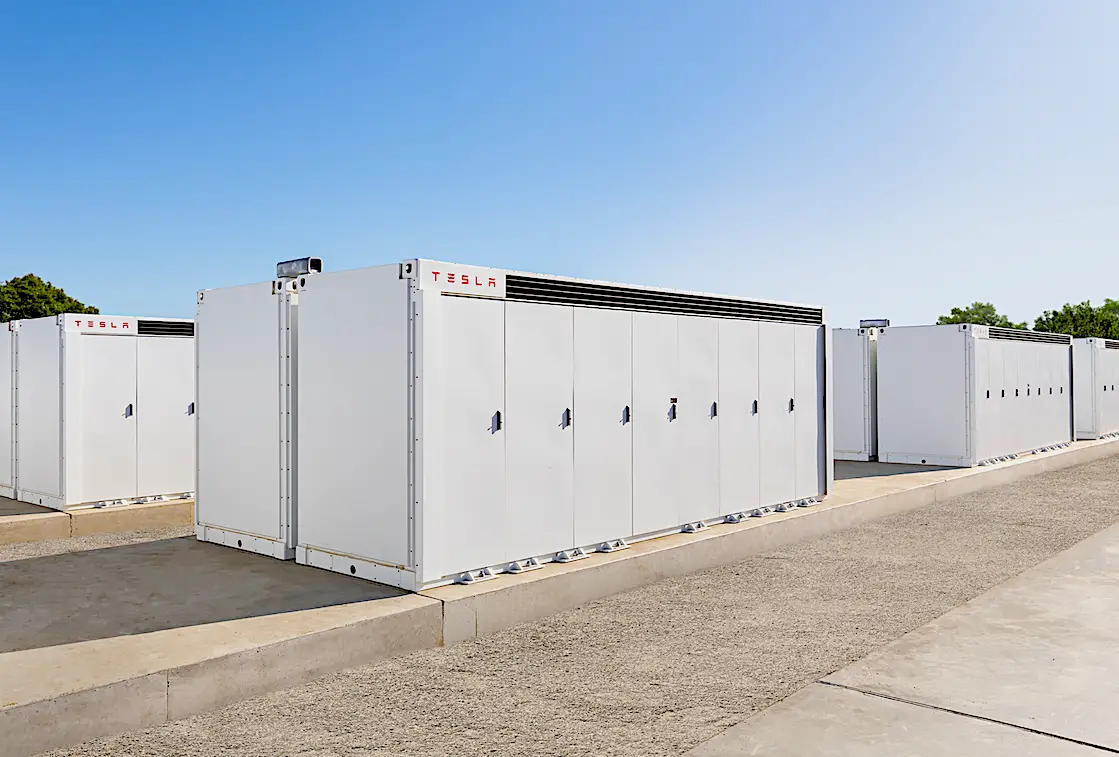County legislation proposed on Battery Energy Storage Systems
County Executive Ken Jenkins has submitted to the Board of Legislators a bill that if enacted would require municipalities in Westchester to notify the county’s emergency services commissioner or another designated county official within 30 days of learning about any existing battery energy storage system (BESS) in their community. It also requires that the county receive written notice within 30 days of a municipality approving plans for new installations or modifications to existing battery energy storage systems, including the issuance of building, electrical or special use permits.

The legislation does not apply to residential BESS installations. It takes the position that it’s important for oversight and safety that the county know what is happening with respect to significant BESS installations.
A BESS typically uses a large number of lithium-ion battery cells to store bulk amounts of electricity, often generated by solar panels. Excess electricity generated by solar, wind or other sources can be stored until it is needed and then drawn from the BESS. There have been instances of BESS equipment overheating, leading to fires. Lithium-ion battery fires can be difficult to fight and give off noxious gases. Firefighters require specialized training in proper techniques for combating such fires.
“This legislation underscores Westchester County’s commitment to balancing the expansion of renewable energy infrastructure with the highest safety and planning standards,” Jenkins said. “By instituting these notification requirements, we aim to ensure that battery energy storage systems are responsibly integrated into our communities while safeguarding residents and first responders.”
Richard Wishnie, who was the county’s emergency services commissioner and now is deputy county executive, said, “Knowing where these systems are located, first responders if dispatched to a BESS location will know in advance what precautions they need to protect themselves as well as residents in the area.”